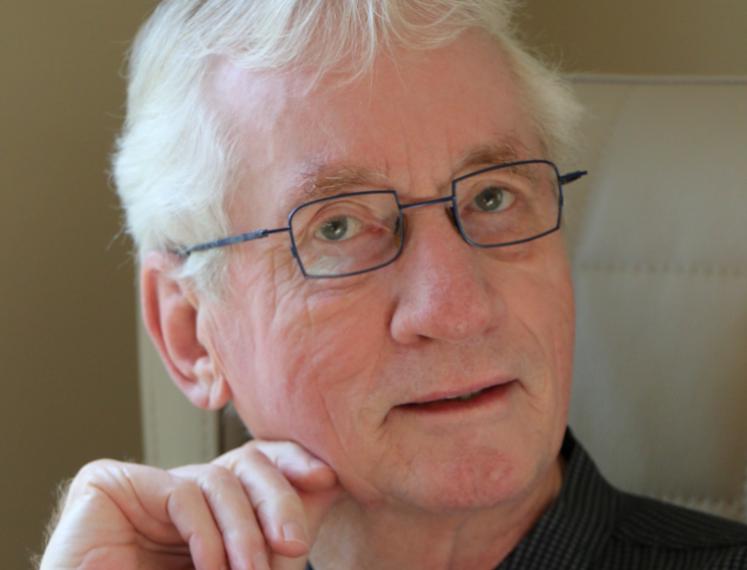Spinoza, Enlightenment and Modern Democracy
Some scholars believe the Enlightenment began with eighteenth-century French philosophers such as Voltaire and Rousseau, whereas others trace its origins to England and to Newton and Locke.
But these theories have been altered by the work of British historian Jonathan Israel, who emphasises the significance of what went before: the early, radical phase of the Enlightenment, dominated by the ideas of the philosopher Spinoza (1632-1677). Spinoza played a key role in the emancipation movement on which our modern, secular, democratic and tolerant society is based. Only part of the Enlightenment favoured replacing the ancien regime, the aristocratic social and political regime before the French Revolution, with the principles of equality and democracy. But that part of the Enlightenment tended to be the radical wing, particularly influenced by Spinoza’s philosophy. This raises the question of how far Spinoza’s thought represents a major current in the Western Enlightenment and how far it is still relevant to us today. It is possible to argue, although many would oppose this, that all the core values of modern democratic egalitarianism, including racial equality, liberty of life-style and full freedom of the press, descend to us today from the Spinozistic tendency in Enlightenment thought.
A good understanding and cultivation of this tradition of toleration, and especially its philosophical grounding, is of great importance for the process of solving the cultural crisis and the crisis of identity the Dutch are facing now.
Jonathan I. Israel
Professor Jonathan I. Israel (London, 1946) studied history at Cambridge University and took his PhD at Oxford. He concentrated on the early modern history of Europe, initially at the University of Hull and then at University College London, where he became the first non-Dutch professor of Dutch history. He became a professor at the Institute for Advanced Studies in Princeton in 2001.
Israel is extraordinarily productive and has written authoritative books about such wide-ranging topics as Jewry in early modern European history, colonial politics in Mexico, and world trade in the age of mercantilism. He is also a keen debater of contemporary issues.
Examples of his key publications are: The Dutch Republic: Its Rise, Greatness and Fall, 1477-1806 (1995), Radical Enlightenment: Philosophy and the Making of Modernity, 1650-1750 (2001) and Enlightenment Contested, Philosophy, Modernity and the Emancipation of Man 1670-1752 (2006).
The Royal Netherlands Academy of Arts and Sciences has awarded Professor Israel the 2008 Dr A.H. Heineken Prize for History.



